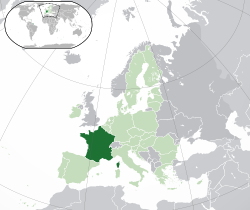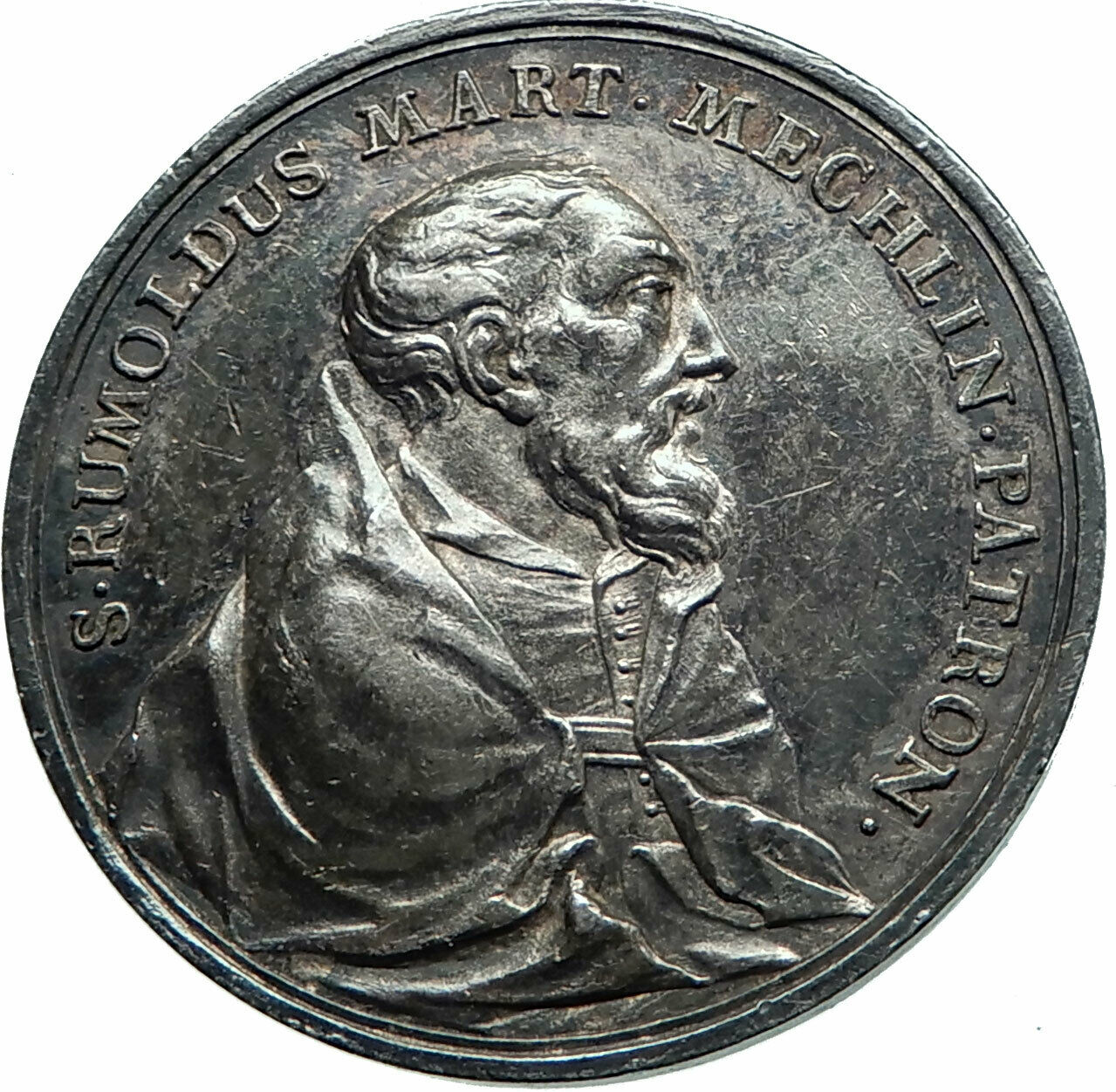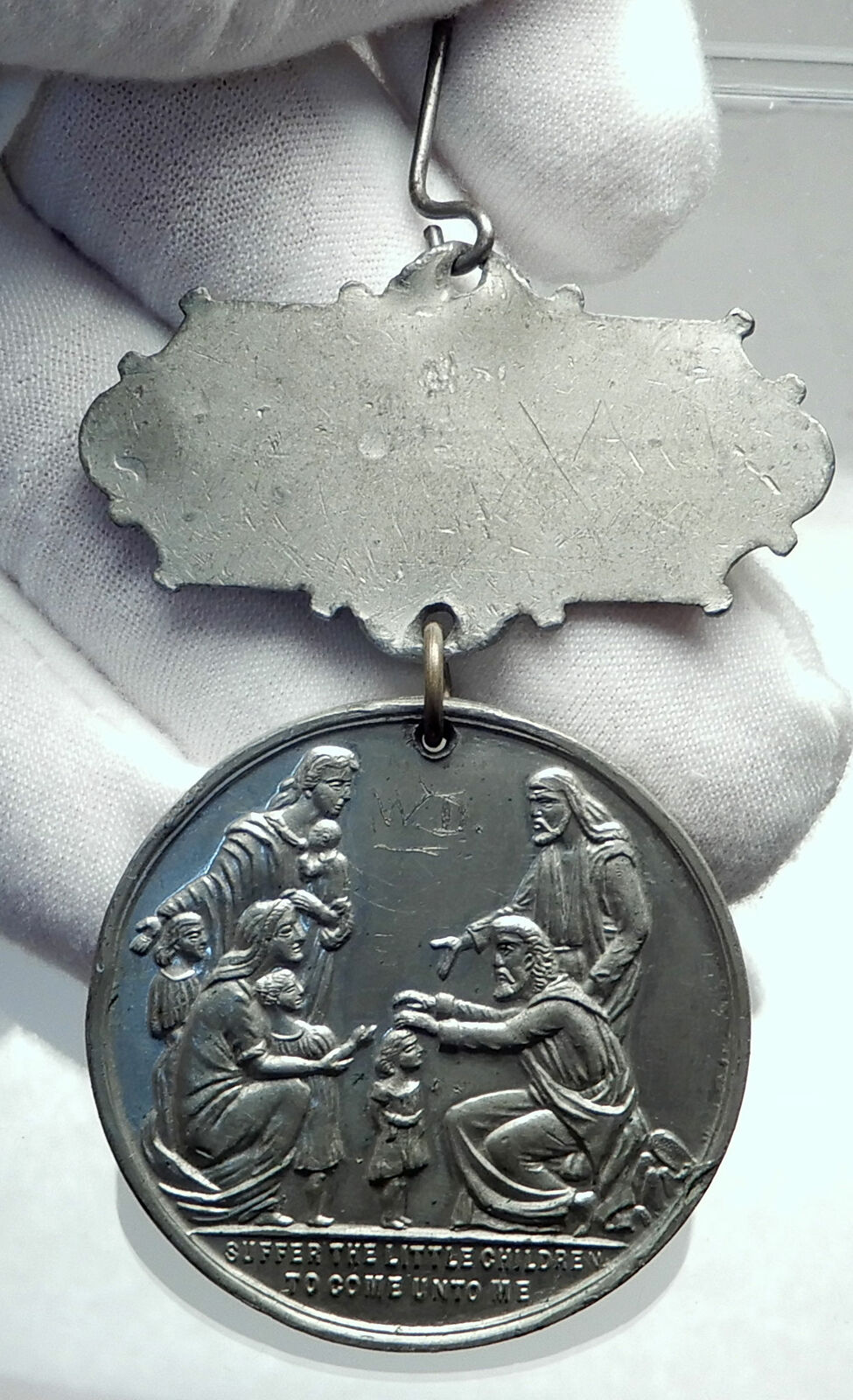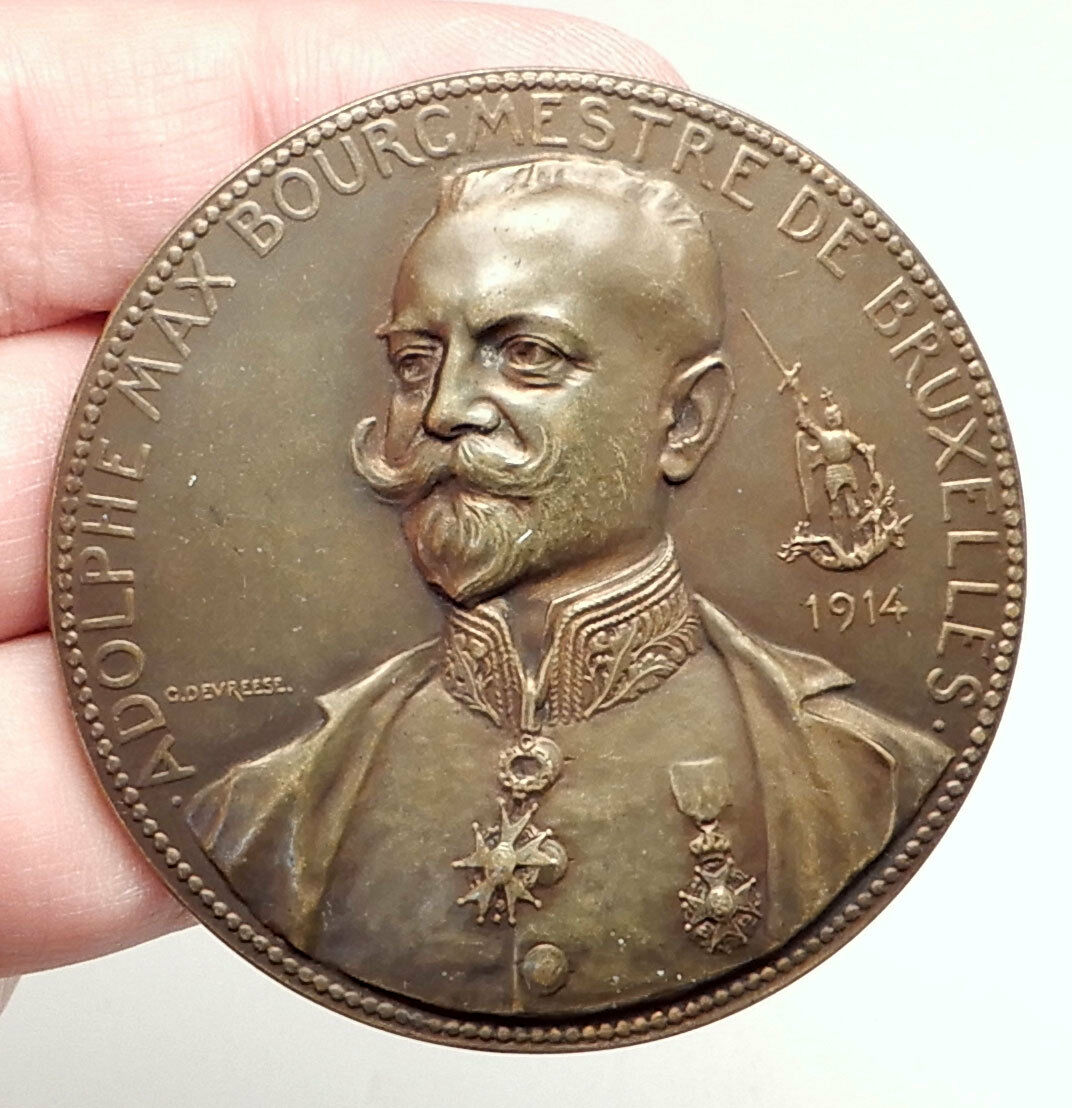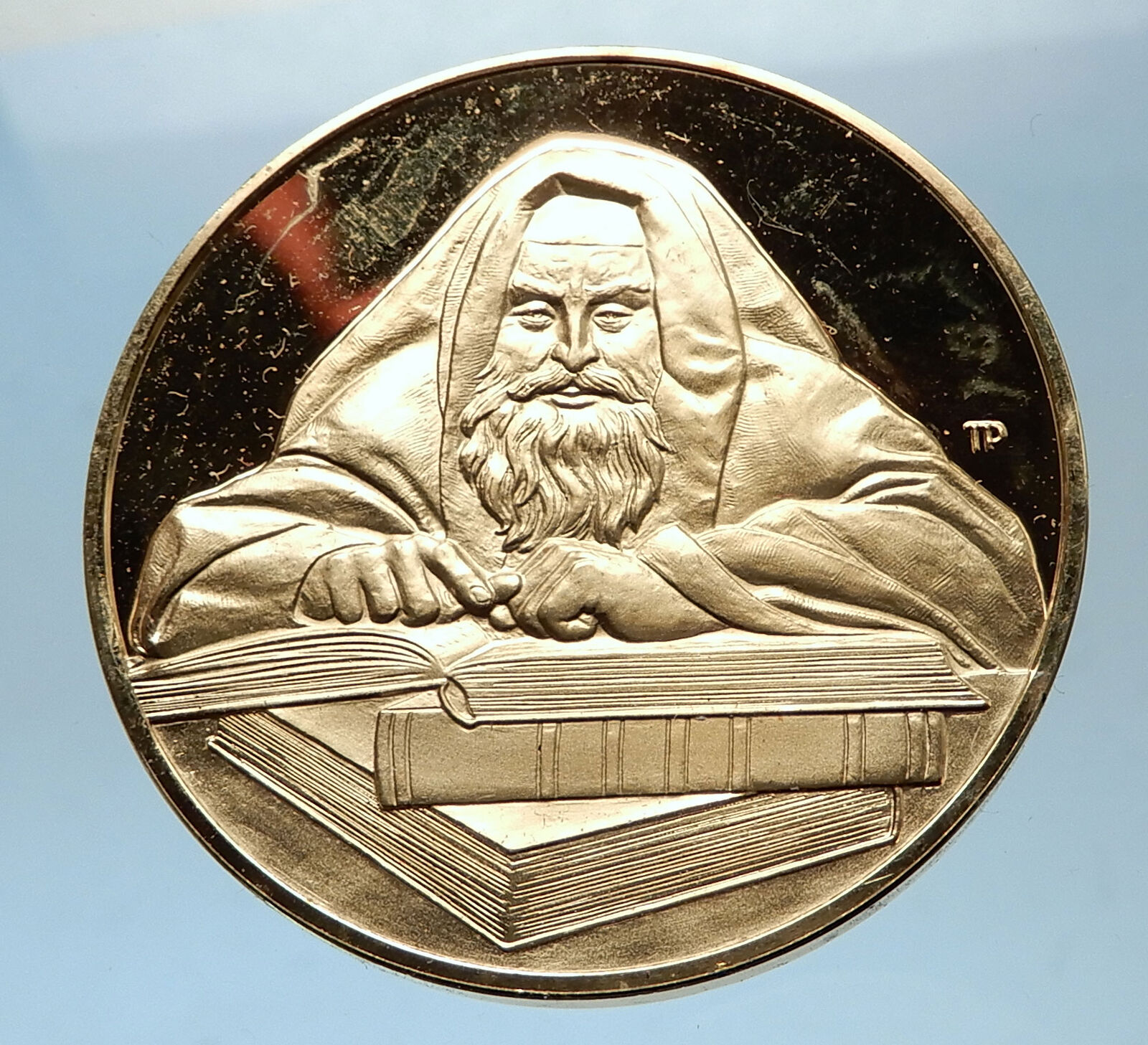|
France – Louvre Museum
Circa 1990’s Proof Silver Bar (0.999 fine Silver) 10.00 grams 48x30mm
Front view of Louvre Museum; 10 GRAMS in top left corner; LOUVRE MUSEUM across the top; .999 FINE SILVER.
Checker board pattern.
You are bidding on the exact item pictured, provided with a Certificate of Authenticity and Lifetime Guarantee of Authenticity.
 The Louvre, or the Louvre Museum is the world’s most-visited museum, and a historic landmark in Paris, France. It is the home of some of the best-known works of art, including the Mona Lisa and the Venus de Milo. A central landmark of the city, it is located on the Right Bank of the Seine in the city’s 1st arrondissement (district or ward). At any given point in time, approximately 38,000 objects from prehistory to the 21st century are being exhibited over an area of 72,735 square meters (782,910 square feet). The museum was closed for 150 days in 2020, and attendance plunged by 72 percent to 2.7 million. Nonetheless, the Louvre still topped the list of most-visited art museums in the world in 2021. The Louvre, or the Louvre Museum is the world’s most-visited museum, and a historic landmark in Paris, France. It is the home of some of the best-known works of art, including the Mona Lisa and the Venus de Milo. A central landmark of the city, it is located on the Right Bank of the Seine in the city’s 1st arrondissement (district or ward). At any given point in time, approximately 38,000 objects from prehistory to the 21st century are being exhibited over an area of 72,735 square meters (782,910 square feet). The museum was closed for 150 days in 2020, and attendance plunged by 72 percent to 2.7 million. Nonetheless, the Louvre still topped the list of most-visited art museums in the world in 2021.
The museum is housed in the Louvre Palace, originally built in the late 12th to 13th century under Philip II. Remnants of the Medieval Louvre fortress are visible in the basement of the museum. Due to urban expansion, the fortress eventually lost its defensive function, and in 1546 Francis I converted it into the primary residence of the French Kings. The building was extended many times to form the present Louvre Palace. In 1682, Louis XIV chose the Palace of Versailles for his household, leaving the Louvre primarily as a place to display the royal collection, including, from 1692, a collection of ancient Greek and Roman sculpture. In 1692, the building was occupied by the Académie des Inscriptions et Belles-Lettres and the Académie Royale de Peinture et de Sculpture, which in 1699 held the first of a series of salons. The Académie remained at the Louvre for 100 years. During the French Revolution, the National Assembly decreed that the Louvre should be used as a museum to display the nation’s masterpieces.
The museum opened on 10 August 1793 with an exhibition of 537 paintings, the majority of the works being royal and confiscated church property. Because of structural problems with the building, the museum was closed in 1796 until 1801. The collection was increased under Napoleon and the museum was renamed Musée Napoléon, but after Napoleon’s abdication, many works seized by his armies were returned to their original owners. The collection was further increased during the reigns of Louis XVIII and Charles X, and during the Second French Empire the museum gained 20,000 pieces. Holdings have grown steadily through donations and bequests since the Third Republic. The collection is divided among eight curatorial departments: Egyptian Antiquities; Near Eastern Antiquities; Greek, Etruscan, and Roman Antiquities; Islamic Art; Sculpture; Decorative Arts; Paintings; Prints and Drawings.
The Musée du Louvre contains more than 380,000 objects and displays 35,000 works of art in eight curatorial departments with more than 60,600 square metres (652,000 sq ft) dedicated to the permanent collection. The Louvre exhibits sculptures, objets d’art, paintings, drawings, and archaeological finds.
  France, officially the French Republic (French: République française), is a sovereign state comprising territory in western Europe and several overseas regions and territories . The European part of France, called Metropolitan France , extends from the Mediterranean Sea to the English Channel and the North Sea , and from the Rhine to the Atlantic Ocean . France spans 640,679 square kilometres (247,368 sq mi) and has a total population of 67 million. It is a unitary semi-presidential republic with the capital in Paris , the country’s largest city and main cultural and commercial centre. The Constitution of France establishes the state as secular and democratic, with its sovereignty derived from the people. France, officially the French Republic (French: République française), is a sovereign state comprising territory in western Europe and several overseas regions and territories . The European part of France, called Metropolitan France , extends from the Mediterranean Sea to the English Channel and the North Sea , and from the Rhine to the Atlantic Ocean . France spans 640,679 square kilometres (247,368 sq mi) and has a total population of 67 million. It is a unitary semi-presidential republic with the capital in Paris , the country’s largest city and main cultural and commercial centre. The Constitution of France establishes the state as secular and democratic, with its sovereignty derived from the people.
During the Iron Age , what is now Metropolitan France was inhabited by the Gauls , a Celtic people. The Gauls were conquered in 51 BC by the Roman Empire , which held Gaul until 486. The Gallo-Romans faced raids and migration from the Germanic Franks , who dominated the region for hundreds of years, eventually creating the medieval Kingdom of France . France emerged as a major European power in the Late Middle Ages , with its victory in the Hundred Years’ War (1337 to 1453) strengthening French state-building and paving the way for a future centralized absolute monarchy . During the Renaissance , France experienced a vast cultural development and established the beginning of a global colonial empire . The 16th century was dominated by religious civil wars between Catholics and Protestants (Huguenots).
France became Europe’s dominant cultural, political, and military power under Louis XIV . French philosophers played a key role in the Age of Enlightenment during the 18th century . In 1778, France became the first and the main ally of the new United States in the American Revolutionary War . In the late 18th century, the absolute monarchy was overthrown in the French Revolution . Among its legacies was the Declaration of the Rights of Man and of the Citizen , one of the earliest documents on human rights , which expresses the nation’s ideals to this day. France became one of modern history’s earliest republics until Napoleon took power and launched the First French Empire in 1804. Fighting against a complex set of coalitions during the Napoleonic Wars , he dominated European affairs for over a decade and had a long-lasting impact on Western culture. Following the collapse of the Empire, France endured a tumultuous succession of governments: the monarchy was restored , it was replaced in 1830 by a constitutional monarchy , then briefly by a Second Republic , and then by a Second Empire , until a more lasting French Third Republic was established in 1870. By the 1905 law , France adopted a strict form of secularism , called laïcité , which has become an important federative principle in the modern French society.
France reached its territorial height during the 19th and early 20th centuries, when it ultimately possessed the second-largest colonial empire in the world. In World War I , France was one of the main winners as part of the Triple Entente alliance fighting against the Central Powers . France was also one of the Allied Powers in World War II , but came under occupation by the Axis Powers in 1940. Following liberation in 1944, a Fourth Republic was established and later dissolved in the course of the Algerian War . The Fifth Republic , led by Charles de Gaulle , was formed in 1958 and remains to this day. Following World War II , most of the empire became decolonized .
Throughout its long history , France has been a leading global center of culture, making significant contributions to art , science , and philosophy . It hosts Europe’s third-largest number of cultural UNESCO World Heritage Sites (after Italy and Spain ) and receives around 83 million foreign tourists annually, the most of any country in the world. France remains a great power with significant cultural , economic , military , and political influence. It is a developed country with the world’s sixth-largest economy by nominal GDP and eight-largest by purchasing power parity . According to Credit Suisse, France is the fourth wealthiest nation in the world in terms of aggregate household wealth. It also possesses the world’s second-largest exclusive economic zone (EEZ), covering 11,035,000 square kilometres (4,261,000 sq mi).
French citizens enjoy a high standard of living , and the country performs well in international rankings of education , health care , life expectancy , civil liberties, and human development . France is a founding member of the United Nations , where it serves as one of the five permanent members of the UN Security Council . It is a member of the Group of 7 , North Atlantic Treaty Organization (NATO), Organisation for Economic Co-operation and Development (OECD), the World Trade Organization (WTO), and La Francophonie . France is a founding and leading member state of the European Union (EU).
|




 The Louvre, or the Louvre Museum is the world’s most-visited museum, and a historic landmark in Paris, France. It is the home of some of the best-known works of art, including the Mona Lisa and the Venus de Milo. A central landmark of the city, it is located on the Right Bank of the Seine in the city’s 1st arrondissement (district or ward). At any given point in time, approximately 38,000 objects from prehistory to the 21st century are being exhibited over an area of 72,735 square meters (782,910 square feet). The museum was closed for 150 days in 2020, and attendance plunged by 72 percent to 2.7 million. Nonetheless, the Louvre still topped the list of most-visited art museums in the world in 2021.
The Louvre, or the Louvre Museum is the world’s most-visited museum, and a historic landmark in Paris, France. It is the home of some of the best-known works of art, including the Mona Lisa and the Venus de Milo. A central landmark of the city, it is located on the Right Bank of the Seine in the city’s 1st arrondissement (district or ward). At any given point in time, approximately 38,000 objects from prehistory to the 21st century are being exhibited over an area of 72,735 square meters (782,910 square feet). The museum was closed for 150 days in 2020, and attendance plunged by 72 percent to 2.7 million. Nonetheless, the Louvre still topped the list of most-visited art museums in the world in 2021.
 France, officially the French Republic (French:
France, officially the French Republic (French: 